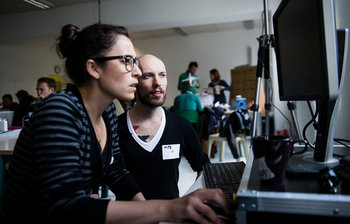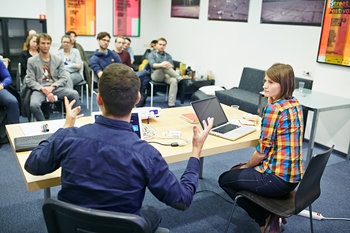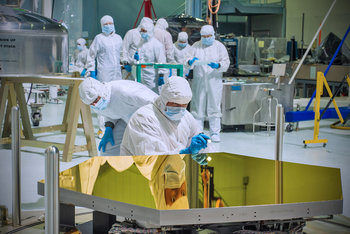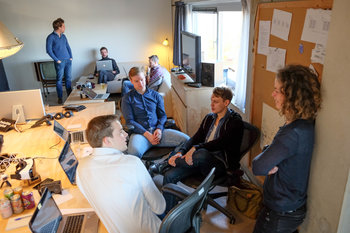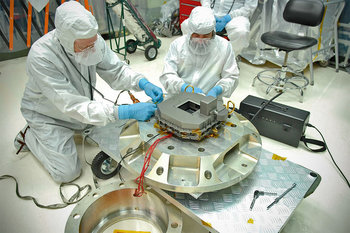|
| |
Knowledge capital is knowledge that is expected to produce future value. Knowledge specifically relates to information as it is understood and produced by humans. As such, knowledge capital is tied to the talents, experience, know-how and creative capacities of people. The following are common types of knowledge capital.Intellectual property | Human capital | Know-how | Expertise | Talent | Human knowledge | Documented knowledge | Knowledge artifacts | Organizational knowledge | Processes | Systems | Practices | Procedures | Principles | Experience | Creativity | Research capabilities | Organizational capabilities | Reporting | Research artifacts | Research findings | Data and analytics | Domain knowledge | Industry knowledge | Situational intelligence | Digital capabilities | Technologies | Designs | Patents | Trade secrets | Cultural capital | Relational capital | Strategies | Plans | Analysis | Models | Methodologies | Media | Copyrights | Fiction | Music | Characters | Trademarks |
LeadershipThe ability to get people moving in the same direction towards common objectives.InfluencingThe ability to sell and influence decisions and actions.Know-howPractical knowledge that allows you to complete tasks.CreativityThe ability to create new value such as designs and art.StrategyIdentifying goals and objectives and effective plans to achieve them.Problem SolvingThe ability to solve problems.Decision MakingThe ability to make decisions that are likely to work out well.NotesCapital is an asset that is expected to produce future value.At the level of a society, knowledge capital is the result of social conditions in areas such as education, health, safety, well-being and culture that support the process of acquiring knowledge, talent and ability.|
Type | | Definition (1) | Knowledge that is expected to produce future value. | Definition (2) | The potential of a nation, city, organization or individual to perform knowledge work. | Commonly Confused With | | Related Concepts | |
Next: Human Capital
If you enjoyed this page, please consider bookmarking Simplicable.
The definition of knowledge economy with examples.
The differences between types of knowledge.
Why experts have trouble communicating.
Knowledge that escapes documentation.
Two types of broken knowledge.
A definition of knowledge work with examples.
The difference between information and knowledge.
A definition of expert generalist with an example.
A definition of qualitative data with examples.
The difference between objective and subjective.
Examples of the creative process.
The definition of ars longa, vita brevis.
A list of creative industries.
An overview of the motley crew principle.
A definition of idea generation with examples.
A definition of creative block with examples.
A definition of creative tension with examples.
A definition of intellectual diversity with examples.
A definition of creative direction with examples.
TrendingThe most popular articles on Simplicable in the past day.
Recent posts or updates on Simplicable.
Site Map
© 2010-2023 Simplicable. All Rights Reserved. Reproduction of materials found on this site, in any form, without explicit permission is prohibited.
View credits & copyrights or citation information for this page.
|














